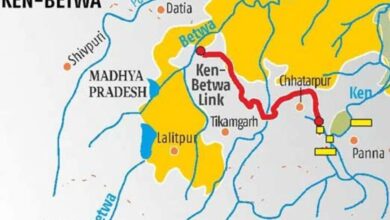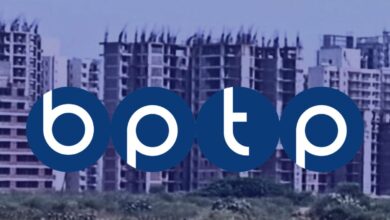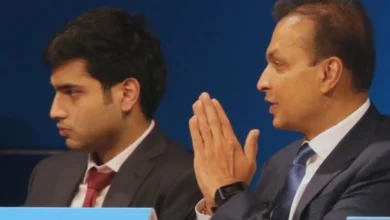How Internet Shutdowns are destroying the very idea of Democracy

Many day-to-day activities that we used to do on pen and paper, have started going digital. From schools to colleges, to banking to many small and big companies, you just have to name it. Media houses are dependent on Twitter and social media for updates, 7 year old kids are earning alphabets sitting in their homes looking at their screens. And this all has been possible due to the sudden hit of the Coronavirus Pandemic. Years from now, It will be a known fact that the party in power at the time of the pandemic was BJP and how they handled the situation.
Internet shutdowns are not only a threat to some apps, but it has been successful in undermining the very idea of democracy as well in a country like India which claims to be the largest democracy in the world. Even amongst the pandemic when the society was shut and people were in their homes, the government of India planned to suspend internet services across various districts and states more than about 83 times in the year 2020. Even as we entered the year 2021, there were times when internet services were shut in many districts in Haryana due to the Farmers’ protest that took place opposing the new three farm laws. Majorly, these internet shutdowns have been taking place to keep the public order and suppress the public demonstration, however also for less demanding reasons. Like, for example, in October 2020, the complete population of 15 districts of Arunachal Pradesh had their mobile internet services shut down mainly because of the administration for examinations of public service employment. In the same month, the leaders of the Gujjar community were reported to have threatened with a mass demonstration for a dispute that happened with the state government for the reservations of “backward class” for employment, this also led to the government shutting all the social media and internet services in Rajasthan where it all happened.
We see countries like China and North Korea using an authoritative form of government to gain control over their telecommunication system and use their power to spy and control the thoughts of their population. But if we were to take a look at our own country that runs on the principle of democracy and follows the rule of law, we see the people in power gaining a habit of disrupting people’s basic rights of communication and information to fulfill their short term agendas. The number of internet shutdowns that was 5 during 2012 and 2014 has risen to about 134 in the year and 93 in the year 2019, as mentioned by the analysis done by the Software Freedom Law Centre. Talking about the Global Cost of Internet Shutdowns report put forward by the Top10VPN, India’s share in the cost for global internet shutdown was 2.8 billion USD, which is 70 percent of the total cost globally, that is 4 billion USD. With the sudden arrival of the pandemic, students mostly rely on the internet for their classes and education in general. Broadband penetration is observed to be at 29 percent as opposed to 51% that is the average, according to the Deloitte report. Also, it becomes important to note that only 7.5 % of the households in India have access to fixed broadband. This is nothing but a restriction of internet access to students and clearly, this is not ideal for any country’s growth. As students are the future of the country.

The government’s job is to maintain law and order in the country and act immediately with the intelligence of any kind of disturbance that happens in the nation. Now if we look at the Internet shutdown situation that took place in most parts of Haryana, the question comes down to the real intentions of the government. The Internet shutdown took place in most parts after the 26th of January when the violence was over, we should ask the government what was the intelligence behind this move? Mostly, it looks like another trap to curb the voices that were coming in support of the farmers.
We are not questioning the will of the government as to whether they can impose such an internet shutdown in the country or not. We understand that government has certain roles and responsibilities to fulfill and certain laws and order to maintain among the citizens of the nation. However, what we are questioning is the extent to which the government is willing to take this step of shutting the internet for a lot of things. We certainly need to pay attention to the line that is getting thinner and thinner in the name of security, breaching our liberty in terms of not providing access to the internet when we need it the most to make our voices heard, to get information, and to be able to communicate well.
We have witnessed our government be using the tool of internet shutdown for many things for many years, sometimes it’s justified, sometimes it’s just simple digital authoritarianism which goes definitely against the principles of democracy. Like for example, the internet shutdown in Kashmir in the year 2016, when a huge violent protest arose after the death of the militant Burhan Wani, was justified but shutting the internet just to prevent cheating or at the time of introduction of new laws is simply anti-democratic. In a democracy, every person should be free to discuss anything that they want to, any event, any topic, or anything for that matter. Restricting internet services for citizens makes them feel no less than criminals. This continuous internet shutdown goes against the initiative of Digital India put forth by our Prime Minister Narendra Modi.
In today’s world, if both digitalization and effective democracy co-existed, it would help the nation be a more peaceful and prosperous place to live in, considering both these concepts are so powerful in their manner if implemented sincerely.




